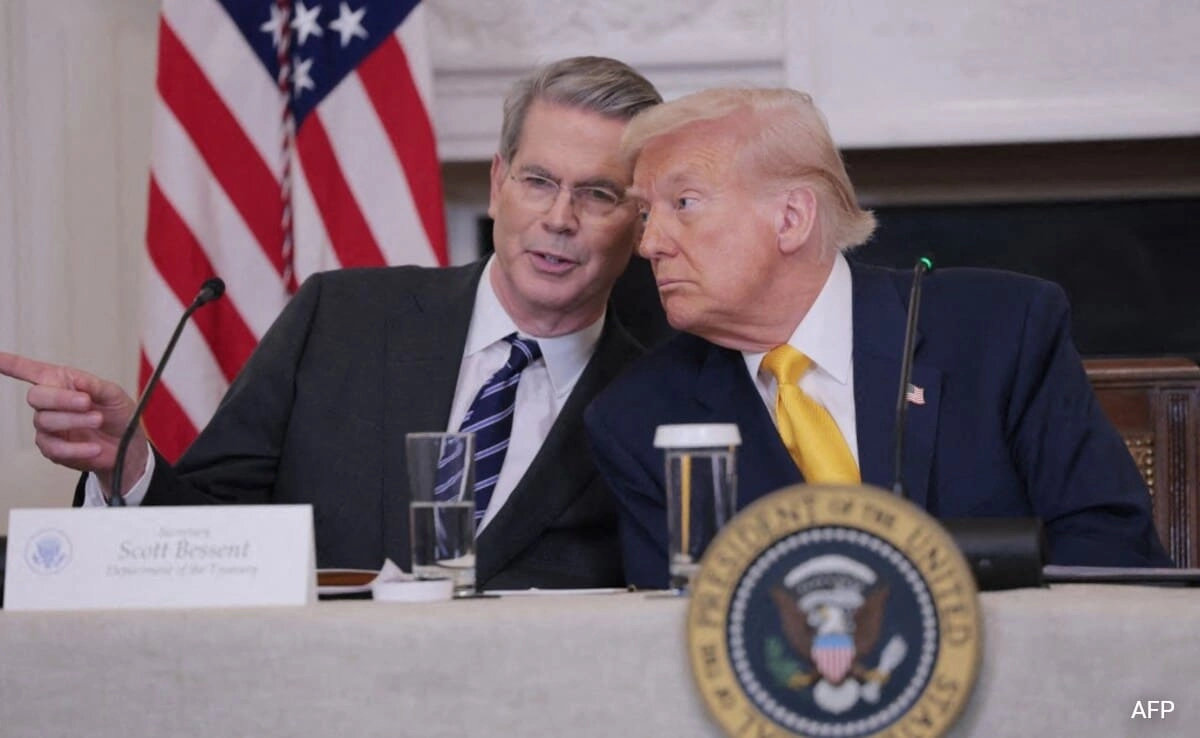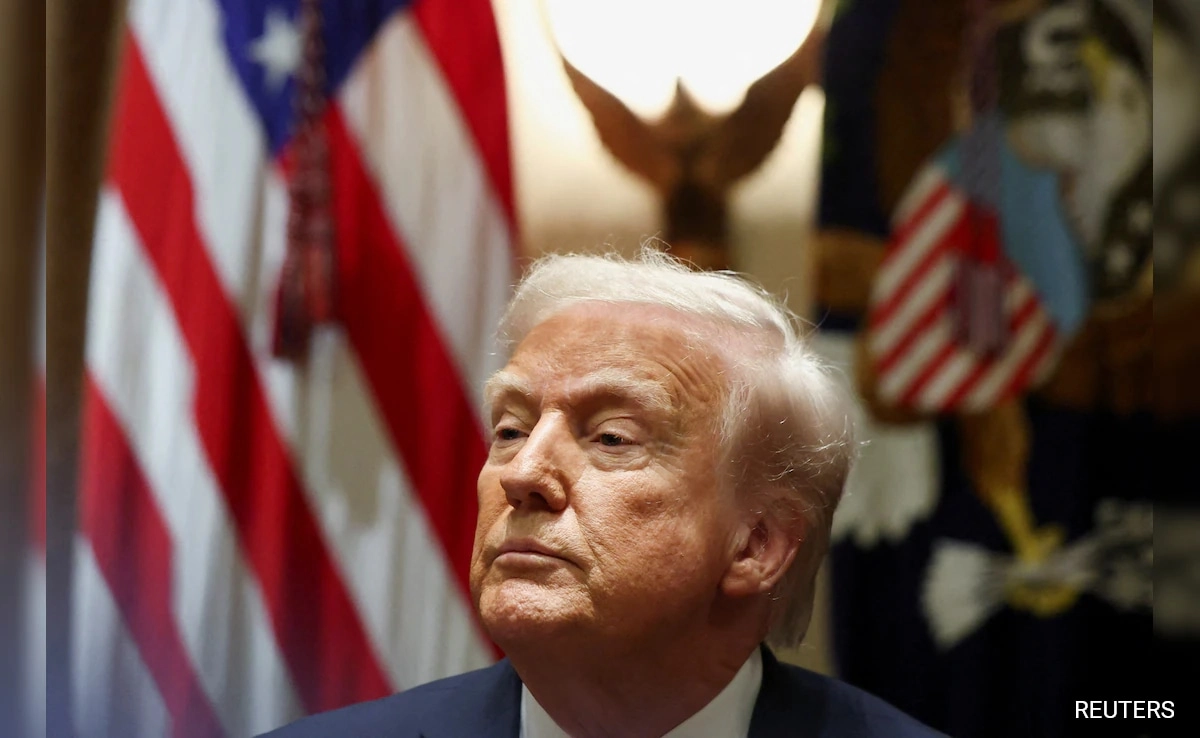In a recent statement, Team Trump indicated that the United States would consider refunding approximately half of the tariffs imposed on certain goods if specific conditions are met. This announcement reflects a strategic pivot in trade policy aimed at alleviating some of the burdens faced by American consumers and businesses due to the ongoing tariff regime. The tariffs, which were originally implemented to protect domestic industries and counteract unfair trade practices by other countries, have been a source of contention and debate. By suggesting a partial refund, the Trump administration appears to be responding to growing concerns regarding the economic impact of these tariffs on everyday American households.
The proposal for tariff refunds comes at a time when inflationary pressures and supply chain disruptions have heightened the cost of living for many citizens. By potentially reducing the financial burden associated with these tariffs, the administration is seeking to provide relief to consumers who have been grappling with rising prices on a range of goods. This initiative may also be seen as an effort to regain support from various sectors of the economy that have felt the adverse effects of the trade policies implemented over the past few years. The nuanced approach highlights the administration’s awareness of the complex interplay between trade policy and domestic economic stability.
Moreover, the announcement raises questions about the long-term implications of such a move. While refunding tariffs could provide immediate relief, it also necessitates careful consideration of the broader economic landscape. The administration’s willingness to entertain tariff refunds signals a potential shift in how trade disputes are managed moving forward. It raises the stakes for negotiations with trading partners and may influence future policy directions, especially in the context of ongoing discussions around international trade agreements. Ultimately, how this proposal is received by both domestic stakeholders and international partners will be pivotal in shaping the future of U.S. trade relations.




